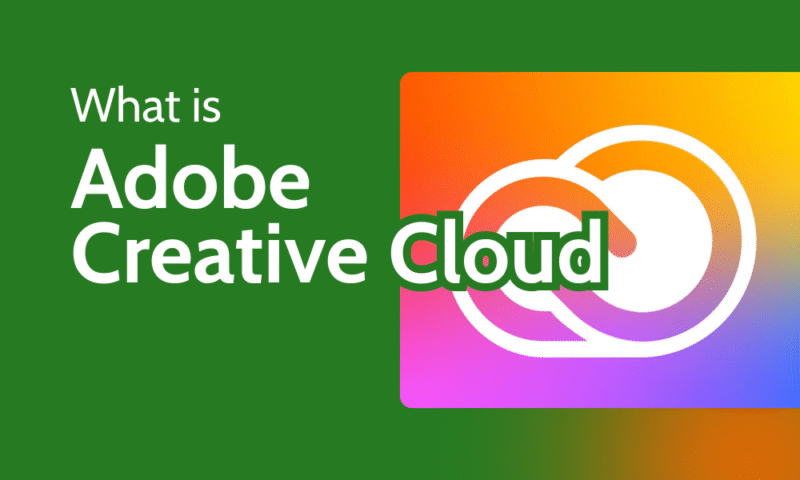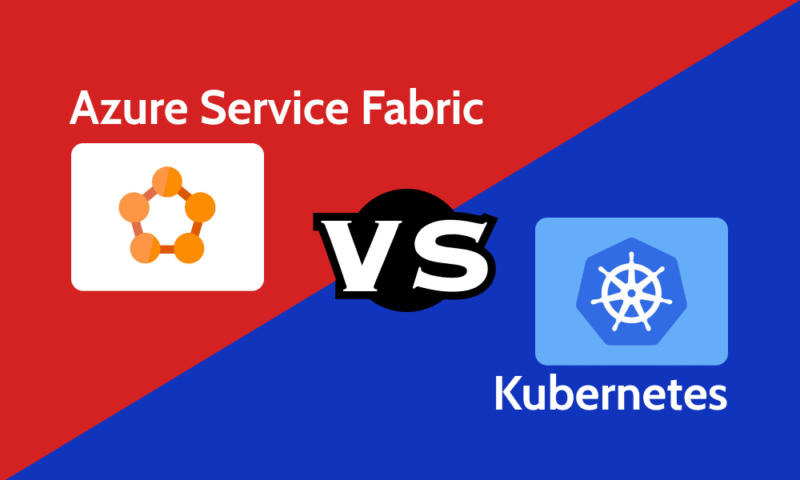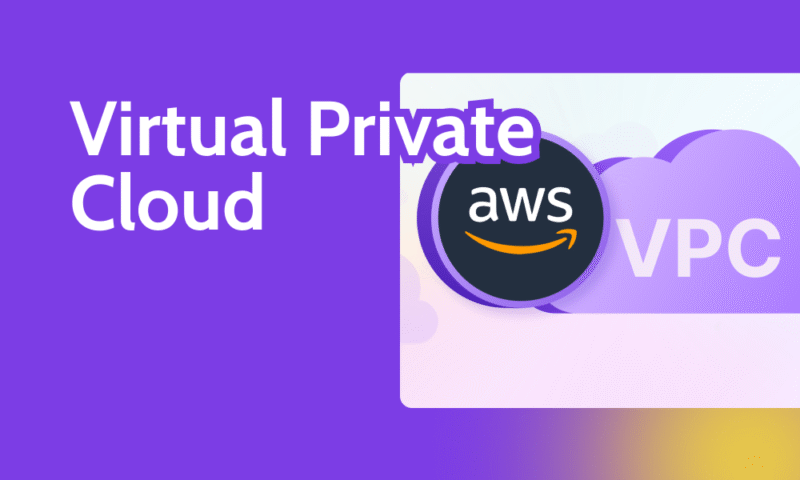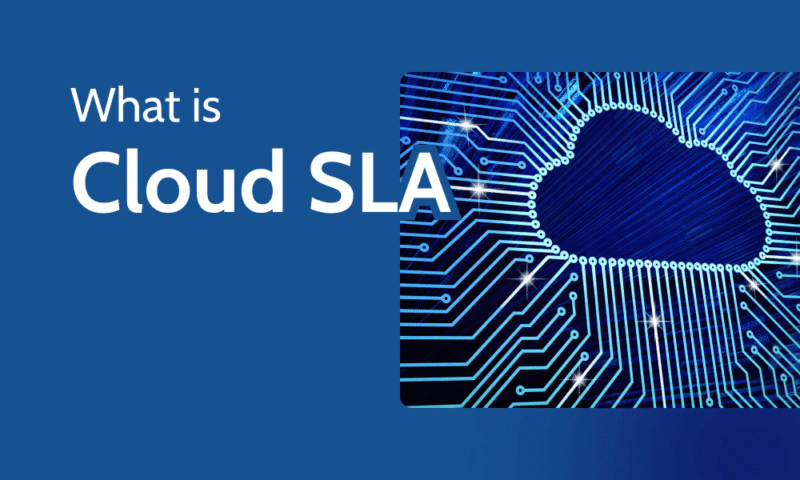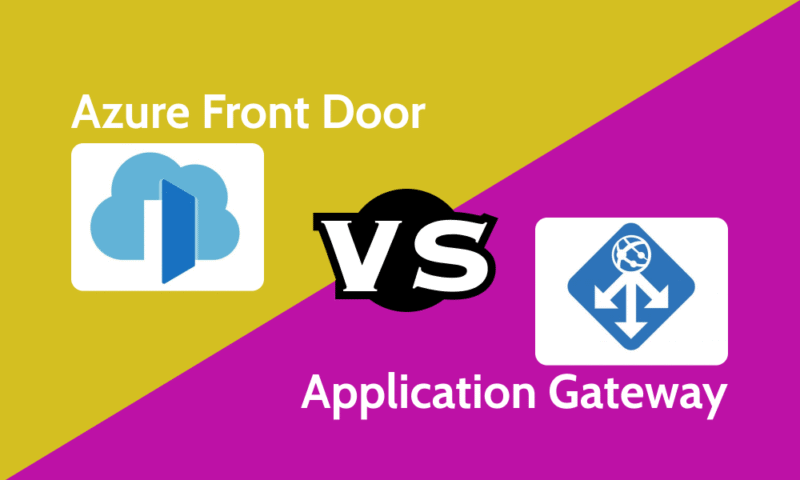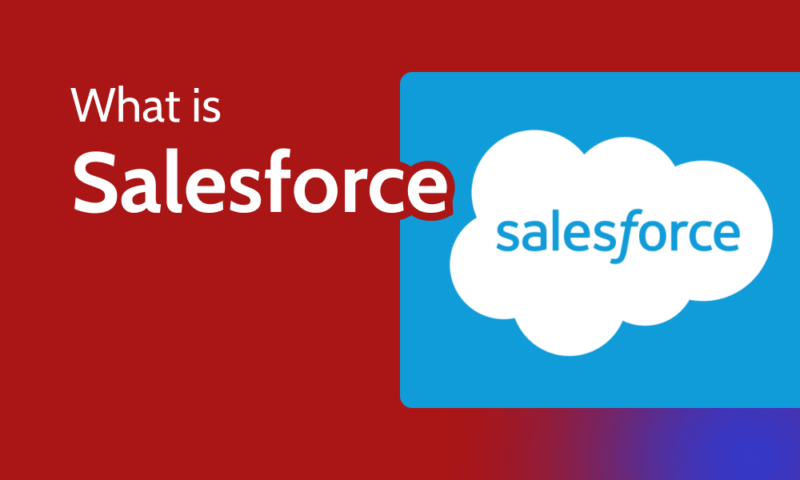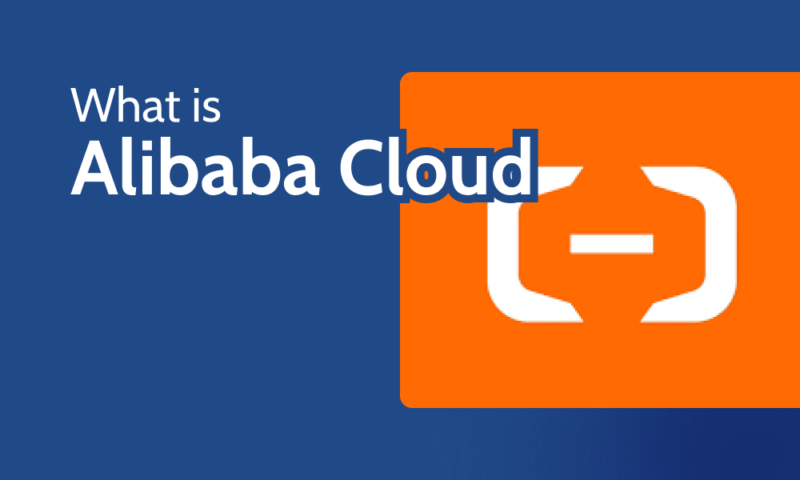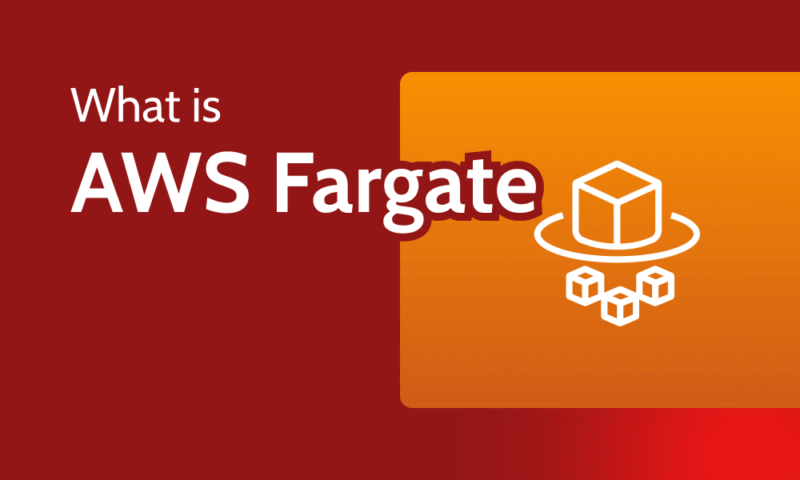
Cloud Computing: Defintion, Types, Benefits, Risks and Uses
Cloud computing refers to all IT resources that are delivered as a service, whether that’s storage, databases, computing infrastructure, software or analytics. Most large public cloud services offer all of these features as part of a combined package where the user pays for the cloud resources they use.
Since the “cloud computing” term refers to such a wide array of underlying cloud infrastructure, you can use a cloud service provider for an equally varied number of use-cases, including data storage, software development, media streaming, application testing, data analytics, artificial intelligence and more.
-
11/18/2024
Updated article with important key takeaways.
At a Glance: What Is Cloud Computing?
Cloud Computing is a catch-all term for all types of IT infrastructure that operates over the cloud. The earliest versions of what would become modern cloud computing began in the 1960s.
However, it wasn’t until the 2000s and 2010s — and the launch of providers like Amazon Web Services, Google Cloud and Microsoft Azure — that the modern cloud computing market began to take shape.
Cloud computing services are generally either divided by category (IaaS, PaaS, SaaS and FaaS) or deployment method (public, private, community and hybrid). We’ll go into more detail on these classifications later on.
However, regardless of how you categorize it, cloud computing relies on an underlying cloud architecture of hardware and software that can allocate computing resources where they’re needed.
What Is Cloud Architecture?
Cloud architecture is defined as all of the software and hardware involved in cloud computing. This can be anything from websites that end users can access to the network connections required for all of the different components to talk to each other.
Generally, you can think of cloud computing architecture as having four core parts:
- Frontend: The frontend of any cloud environment is the part that the end user (usually the employees and administrators of a company) sees and interacts with. This can take the form of a web interface, an admin panel, applications for a computer or mobile device or all of the above.
- Backend: The backend consists of whichever software or hardware the user is trying to access via the frontend. This can be anything from a data backup on remote servers to development tools and other applications. The backend is the core of any cloud computing model since it’s the one that contains the actual infrastructure services.
- Cloud-Based Delivery Model: Cloud-based delivery is the essence of cloud computing. Instead of hosting software, databases and physical servers with your own hardware and architecture, they are centralized in a remote location and delivered to the end user through the cloud.
- Network (Internet, Intranet or Intercloud): The networking component is what ties all of the above together. On a public cloud, this means communication between the various cloud resources, whereas on a private cloud, it refers to a closed network (or an intranet) that links everything. Finally, some cloud services are made to interact with each other, which means the services need to facilitate intercloud networking.
What Are the Deployment Models of Cloud Computing?
Cloud deployment models refer to how and by whom the cloud resources are accessed. Generally speaking, this can take one of four forms: public clouds, private clouds, hybrid clouds and community clouds.
- Public: Public clouds are what most people will probably be familiar with, as these are third-party services that rent out cloud computing resources to others. Examples of public clouds include AWS, Microsoft Azure and Google Cloud. Public clouds are by far the most accessible, but they always involve trusting another entity with potentially sensitive or confidential data.
- Private: A private cloud is restricted to use within a certain organization or group of people. Private clouds are generally tailored to suit the specific needs of a company and require on-site hardware infrastructure to maintain. This means that private cloud computing systems are generally only seen in large corporations and enterprises.
- Hybrid: Hybrid cloud systems mix public and private approaches. Users maintain on-site infrastructure to store sensitive data. However, when computing resources or non-sensitive storage needs arise, hybrid clouds let users rent resources from a remote location without exposing confidential data. When the resources are no longer needed, they can be allocated to other users of the hybrid cloud solution.
- Community: A relatively recent phenomenon, the community cloud model is essentially a private cloud, but instead of a system serving a single organization, multiple companies or groups pool their resources to create a common shared cloud system. This allows for many of the benefits of a private cloud while avoiding the biggest problem — namely, cost.
What Are the Types of Cloud Computing Services?
There are four main types of cloud computing services: IaaS (Infrastructure as a Service), PaaS (Platform as a Service), SaaS (Software as a Service) and FaaS (Function as a Service). Besides how it’s deployed, cloud computing services take a few different forms depending on what they’re intended to do.
You can think of the first three as a sliding scale of how much the service manages as opposed to how much the user manages locally. Here are how all four types are defined:
- IaaS: Infrastructure as a Service is the most basic type of cloud computing service and is one level up from on-premises IT management. IaaS solutions typically provide computing power, storage and networking, as well as the virtualization needed to access those resources. Unlike other cloud computing services, IaaS users still have to manage their own applications, data, operating systems and middleware.
- PaaS: Platform as a Service is one step above IaaS and includes software and hardware that’s directly accessible to the end user and hosted and maintained by the service provider. The main benefit of this solution is the ability to develop and test applications for hardware and software solutions without having to worry about time-consuming and sometimes costly maintenance. As such, PaaS solutions generally focus on software development.
- SaaS: Software as a Service is the most comprehensive model and refers to services whose entire application stack is managed by the provider and delivered to the user via the internet (aka the cloud). Most people with access to the internet use some form of SaaS in their daily lives, such as cloud storage services, email providers or VPNs.
- FaaS (aka serverless computing): Function as a Service refers to a type of cloud computing with a very specific purpose. A developer can use a FaaS solution to write code (a function) that responds automatically to an event or trigger without having to worry about hosting the code on a server.
What Are the Benefits of Cloud Computing?
The benefits of cloud computing are varied but mostly center on the flexibility and customizability of a cloud solution over an on-site one. The most important benefits of cloud computing to note are: cost reduction, elasticity, increased productivity and scalability as well as better performance and security.
- Cost Reduction: By far the most universal benefit of cloud computing is the cost. Purchasing, developing and maintaining all of the hardware and software needed for a business is incredibly expensive, and you’re always paying for the upkeep even when the resources aren’t actively being used.
- Cloud Elasticity: A cloud computing service is elastic, meaning that it can increase or decrease the number of resources available to a user at any given time based on demand.
- Productivity: Instead of wasting time maintaining an entire IT infrastructure, IT teams can focus on tasks that require on-site attention. Cloud computing also provides greater business continuity by ensuring that the whole operation doesn’t grind to a halt because a key team member is out of office.
- Better Performance: Because you’re provisioned exactly the amount of resources you need, you can avoid performance bottlenecks in hardware or software at times of high load without spending even more to create redundancy.
- Scalability: If all of your IT infrastructure is on-site, you will have to purchase more equipment to accommodate growth. With cloud computing, you’re provisioned exactly the amount of resources you need at any given moment, making it much more scalable.
- Security: While there are risks associated with cloud computing (more on those later), a properly implemented IaaS solution should provide the end user with a much greater number of tools to manage and control access, enforce security protocols and monitor activity.
What Are the Disadvantages of Cloud Computing?
These are the four most commonly cited disadvantages of cloud computing and reasons to stick with an on-premise solution: Decreased control over data, downtime as a result of outages, increased vulnerability and vendor lock-in.
- Downtime: No IT system is completely immune to outages and downtime, no matter how redundant it becomes. In a study by the Uptime Institute, 10% of organizations surveyed said that they had experienced some kind of IT downtime or outage due to a third-party service provider.
- Security & Vulnerability: By allowing access to tools and data via the internet, you’re made more vulnerable to many types of attacks (more on this later). You’re also relying on a third party to properly secure your data. Although IaaS solutions generally implement some of the strongest security, no system is perfect — for example, AWS reported a security incident as recently as March 2023.
- Less Control: Giving up access to physical servers inherently means giving up a degree of control over how data is handled and stored. This lack of control might make it more difficult (or, in extreme cases, impossible) to comply with standards and regulations imposed by government agencies or regulatory bodies. Luckily, most cloud computing providers have in-depth tools to specify how access and data should be handled.
- Vendor Lock-in: Once you commit to a cloud provider, it can be difficult to extract yourself from its ecosystem. Because your business becomes increasingly reliant on the service, switching to another provider or to a more on-site approach will probably be cost-intensive and time-consuming. That’s fine as long as you’re happy with the solution, but if features or pricing change over time, you can end up trapped with a service that no longer fulfills your needs.
What Are the Risks of Cloud Computing?
Since everything is accessible online, security incidents can pose a much greater risk than traditional on-site solutions.
You may have noticed that we listed security as both an advantage and a disadvantage of cloud computing. This is because there’s no guarantee that cloud computing services will be implemented correctly despite offering many powerful security tools. A misconfiguration can expose the end user to cloud computing risks like data loss or theft, leaks and insecure APIs.
Here are the most important cloud computing security risks you need to be aware of when implementing a cloud computing solution:
- Data Loss & Theft: By granting access to users over the internet, it becomes possible for attackers to potentially access a user’s confidential data without physically accessing the servers. As such, much of cloud computing’s security involves tightly controlling access through multiple layers of security, such as multi-factor authentication, address allowlisting, suspicious usage alerts and more.
- Accidental Leaks: One of the most pressing security concerns when switching to a cloud model is the company’s data being part of a larger data leak. Even the largest cloud services aren’t immune to accidents. If there isn’t a strict security policy in place, disaster can occur, especially for companies that handle confidential user data.
- User Error & Misconfigurations: Although cloud providers offer many tools to ensure data security, much of the responsibility rests with the user, as even the best tools are useless if not deployed correctly. This is an especially prevalent problem when switching to a new cloud platform or transitioning to the cloud for the first time.
- Insecure Integrations: Many of the larger cloud providers offer the ability for third parties to develop integrations into their cloud. This is great for productivity and usability, but you can’t always be sure that the integration developers have the same dedication to security as the provider itself does.
What Is Cloud Security?
Cloud computing security is any procedure or technology that keeps data and infrastructure safe from data loss, theft and leaks. With SaaS and PaaS, the user only has to worry about restricting individual user access to data and applications, whereas IaaS solutions also require the user to manage virtual network connections and operating system security.
Generally speaking, one can divide cloud security into four different areas:
- Identity & Access Management (IAM): IAM handles most of the security risks associated with cloud computing, as it’s the system responsible for keeping track of who the individual users are and what they should have access to.
- Data Loss Prevention (DLP): DLP refers to the protection of the actual data itself, ensuring that it’s backed up and protected with encryption at all times and that records and reports are kept to safeguard against accidental deletion or loss.
- Security Information & Event Management (SIEM): SIEM is an automatic system that monitors threats, detects intrusions and alerts administrators when action is needed to safeguard data or users.
- Public Key Infrastructure (PKI): A PKI solution allows the user to securely transfer data between devices and applications without unauthorized parties intercepting or accessing it.
What Is Cloud Migration?
Cloud migration is the process of moving between an on-site IT infrastructure and the cloud, or between two different clouds. Regardless of whether it’s a public cloud service or a custom-built private cloud, a cloud migration has to take place.
Broadly speaking, there are five types of data migrations involving the cloud:
- Data Center Migration: The most comprehensive type of cloud migration is a data center migration (also known as a full data center exit). This means migrating all of an organization’s data and software onto a remote cloud from a physical on-site solution.
- Hybrid Migration: A hybrid migration is a limited transfer of certain data or processes to the cloud, leaving the most sensitive aspects on-premises. This takes advantage of any existing hardware an organization retains from its previous system while providing access to many of the benefits of cloud computing without going all in.
- Cloud-to-Cloud Migration: A cloud-to-cloud migration occurs when an organization switches from one cloud provider to another or between a private and a public cloud.
- Application, Dataset & Workload Migrations: Sometimes it’s beneficial to migrate only certain types of applications, datasets or workloads to the cloud. For example, database management and application testing are common workloads to migrate while retaining an on-site solution.
This allows an IT team to gain access to external APIs and cloud-based tools for these workloads without having to migrate the entire system. It also increases performance by ensuring access to new technologies without purchasing new equipment or software.
What Are Cloud Service Providers?
Cloud service providers are public, private or hybrid cloud providers that rent out cloud infrastructure, usually with a pay-as-you-go model. The top public cloud services are:
How to Learn Cloud Computing
Becoming an expert in cloud computing can be a long process that varies greatly depending on the type of cloud environment and the provider that you use.
If you’re learning cloud computing from scratch, you can take a course in the fundamentals to get started and then move on to a certification with the specific cloud provider that you want to become an expert in. Amazon, Microsoft and Google all offer their own courses and certifications for their solutions.
What Are the Main Uses of Cloud Computing?
Data storage is probably the most universal use case that applies to most businesses, but certain sectors such as software development and data analytics also benefit from cloud technology. Almost every industry in the modern world uses cloud computing on some level.
Final Thoughts
That’s it for our cloud computing overview. If you’re interested in learning more, make sure to check out all of the other articles linked here to dive deeper into the topic.
What did you think of this guide? Do you now understand the basic concepts of cloud computing, or do you still find all of the jargon and terminology needlessly confusing? Let us know in the comments below, and as always, thank you for reading.
Cloud Computing FAQ
The simplest way to understand the cloud is that it’s an alternative term for the internet. It refers to having access to data and storage via the internet instead of an internal network.
Cloud computing is the catch-all term for all IT services (such as storage, computing power and software) that are delivered over a network connection (aka the cloud).
Multi-cloud computing is when a company or organization uses products or resources from multiple cloud services at once.
Cloud computing costs vary by deployment model and provider. Private clouds are the most expensive, as they are custom-made and specifically maintained for a single organization. Public clouds are cheaper, but there is still a wide range of solutions from budget providers — like Backblaze B2 and DigitalOcean — to bigger solutions provided by companies like Amazon, Google and Microsoft.
Some basic examples of SaaS cloud computing include everyday software such as Gmail and Dropbox. Examples of more involved IaaS and PaaS providers include Amazon Web Services, Microsoft Azure and Google Cloud.

